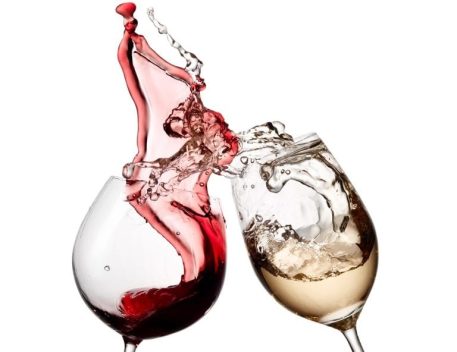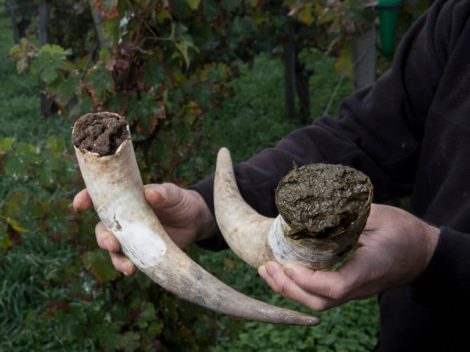The smaller the glass, the more wine consumption decreases. This is what a study from the University of Cambridge asserts, highlighting the correlation between the volume capacity of glasses and their influence on wine sales. "This suggests that it is a promising intervention for reducing alcohol consumption in all populations, which deserves consideration in the context of alcohol licensing regulations," the study reads.
The University of Cambridge experiment
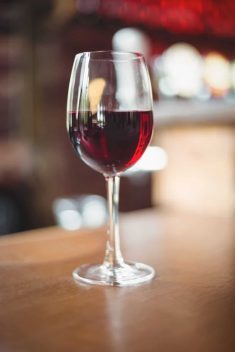
The research was conducted in 21 establishments (including several pubs) where wine can be ordered by the glass, over a total period of four weeks. The option to order a "large" glass of wine (approximately 250 ml) was removed from all establishments, leaving only the smaller ones (around 125 ml) available to determine the impact of this limitation on the overall quantity of wine sold. Despite its small scale, the change resulted in a shift in consumer behavior. On average, 420 ml less wine was sold per day (2.1 liters less over the week), representing a decrease of 7.6%.
Smaller containers
The experiment was also extended to bottles: it was observed that "drinking wine at home from 50 cl bottles, compared to 75 cl bottles, reduced the amount consumed by 4-5%." This observation is not new in scientific circles, as various studies show that "when smaller portions, packages, or containers, such as plates or glasses, are presented, people consume less."
Contrary to what these results might suggest, the study found that the experiment did not impact total daily revenues: "participating establishments did not lose money following the elimination of the larger size for wine glasses. This could reflect the price of wine glasses, with 125 ml portions usually having a higher profit margin than 250 ml glasses."

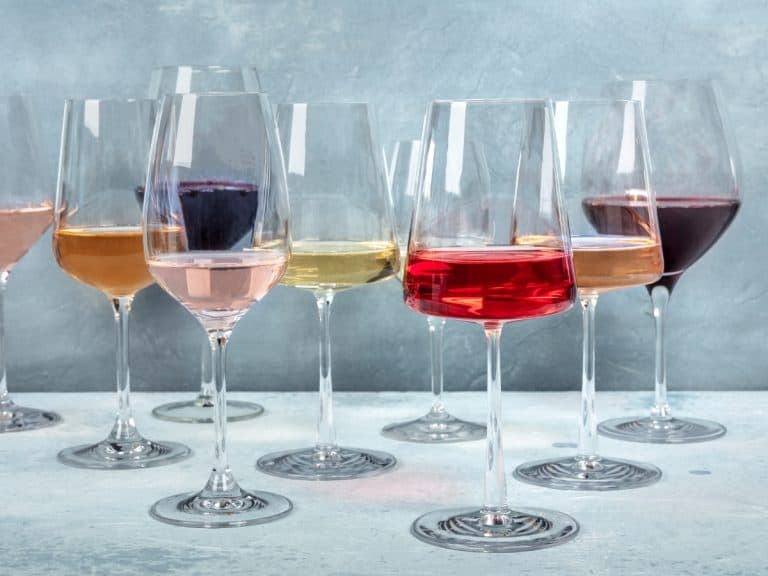
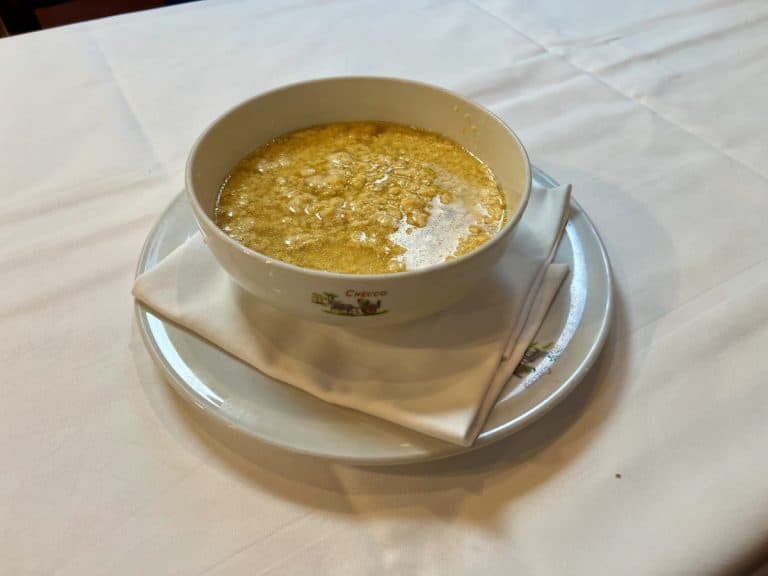 God Bless those who don’t forego Stracciatella on the evening of December 25th. Here’s the recipe from a renowned Roman trattoria
God Bless those who don’t forego Stracciatella on the evening of December 25th. Here’s the recipe from a renowned Roman trattoria Hidden in an old district of Perugia lies one of Italy's cosiest wine bars
Hidden in an old district of Perugia lies one of Italy's cosiest wine bars Christmas Eve dinner and Christmas Day lunch: festive traditions rooted in Solstice feasts
Christmas Eve dinner and Christmas Day lunch: festive traditions rooted in Solstice feasts George Washington had his secret recipe: here’s how Eggnog made a comeback in Europe
George Washington had his secret recipe: here’s how Eggnog made a comeback in Europe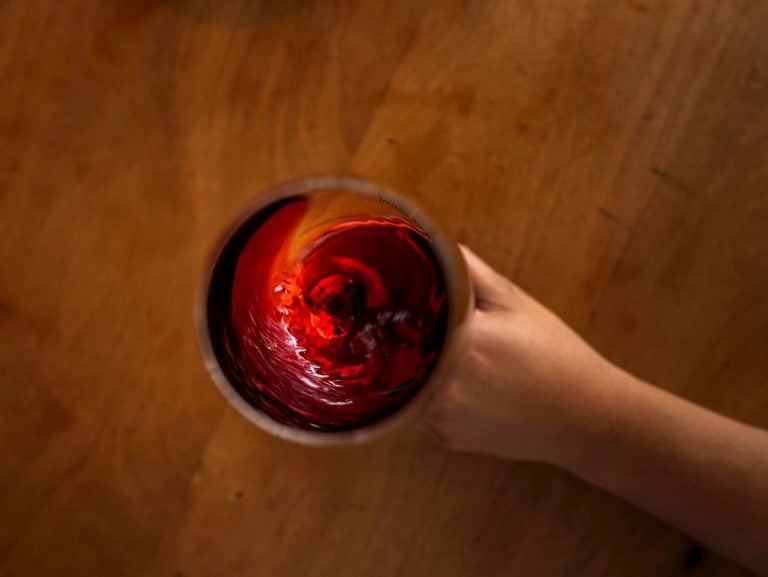 Historical breakthrough: Italy will also produce dealcoholised wines. Lollobrigida signs the decree
Historical breakthrough: Italy will also produce dealcoholised wines. Lollobrigida signs the decree
